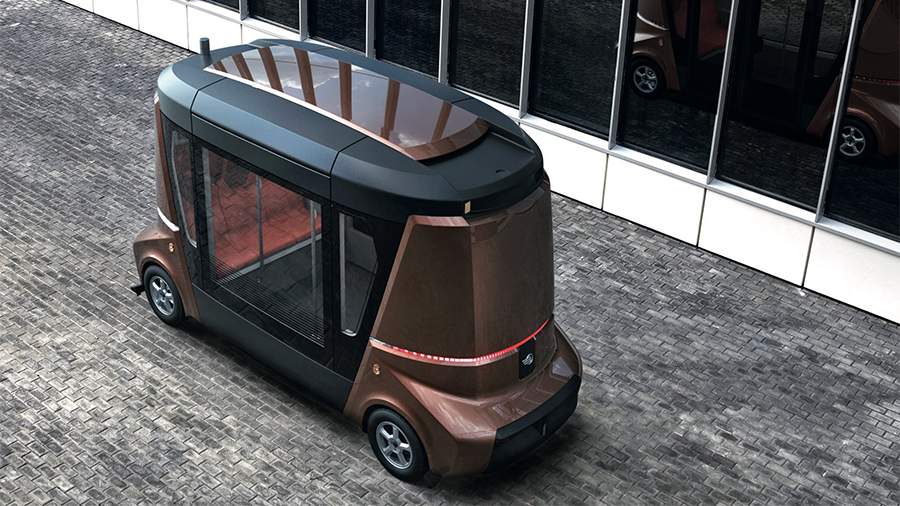Russian unmanned Matryoshka bus sent to museum

Russia's first unmanned electric bus, MatrEshka, has been sent to the Moscow Transport Museum for storage. The prototype, designed to carry eight passengers, was released in 2016, but it never went into mass production, the capital's Deptrans said on its Telegram channel on March 19.
The name "Matryoshka" refers to the modular architecture of the platform. The prototype bus has full autonomy, is designed to carry passengers and cargo up to 1300 kg and can reach speeds of up to 30 km/h. The bus was supposed to be fully charged in 4 hours and travel 130 km without recharging. It was planned that users would be able to book seats using an application specially designed for the electric platform.
The Matryoshka Doll was developed under the leadership of Alexey Bakulin at Bakulin Motors Group together with Volgabus based on the design of Anton Kuzhilny. The test drive took place at the closed training ground of the Skolkovo Innovation Center. In total, about 10 copies of "Matryoshka" were produced. It was planned that Volgabas would produce about 20 such vehicles, and they would be used to transport fans at the 2018 FIFA World Cup.
The experimental model will become one of 53 exhibits of the permanent exhibition of the Moscow Museum of Transport in the garage at 27 Novoryazanskaya Street. The bus will become part of the "Future" zone, which will tell how Moscow will look in 2050.
The day before, it was reported that the Chinese company GAC intends to launch the production of cars in Russia. Pavel Nikiforov, Head of Sales Development at GAC Motor Russia, told Izvestia that the company is negotiating with a number of local manufacturers and is currently discussing the site.
Переведено сервисом «Яндекс Переводчик»

